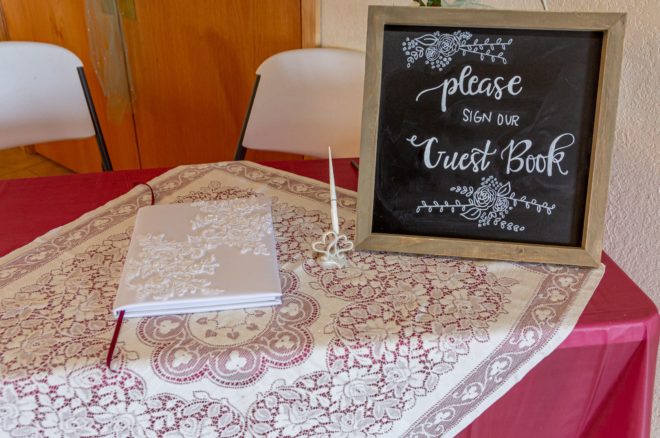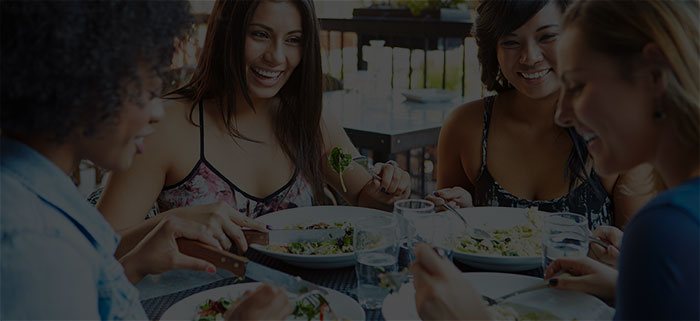Is Contact Tracing Required at Restaurants? Laws Change By the Day

Are restaurant owners required to assist with COVID-19 contact tracing? The topic has been contentious, confusing, and polarizing. Consider what happened this week in Washington State, for example. On Monday, Governor Jay Inslee mandated all business owners to collect names, contact information and visitation times for everyone who entered their premises. Inslee decreed, “If the establishment offers table service, create a daily log of all customers and maintain that daily log for 30 days, including telephone/email contact information, and time in. This will facilitate any contact tracing that might need to occur.”
Inslee’s requirement for contact tracing applied to the entire state’s dine-in industry. An uproar immediately ensured, with the American Civil Liberties Union decrying the “risk to people’s fundamental rights to privacy and association” and media outlets catastrophizing, “individuals that refuse to cooperate with contact tracers and/or refuse testing will not be allowed to leave their homes to purchase basic necessities such as groceries and/or prescriptions.”
Four days later, Inslee changed his mind, “Effective today, May 15, 2020, I am no longer requiring customers to provide a business with contact information, and businesses should not condition service on a customer’s unwillingness to do so.” He then provided a printable template for “voluntary” customer contact tracing.
Other regulators have repeated this pattern of retracting contact tracing orders within a week. On April 30, Mayor Quinton Lucas in Missouri signed an order for restaurant owners to follow his 10/10/10 rule: no more than 10% of building occupancy, no more than 10 customers at a time, and customer visits no longer than 10 minutes unless logging customers’ contact information. Lucas even included a printable poster. Uproars ensued, and even prompted lawsuits. Exactly four days later, following Inslee’s timetable to the day, Lucas retracted his contact tracing requirement.
The pattern continued in New Orleans. On May 5, Mayor LaToya Cantrell said that all business owners would have to log visitors. Within one week, she withdrew this requirement.
The same thing happened in Austin. On May 8, officials added a requirement for restaurant owners to log customers. Punctually four days later, Texas’ Attorney General stated this requirement is “invalid.”
Contact tracing is a controversial proposal for notifying individuals who come into close proximity to a COVID-19 infected individual. According to the CDC, its purpose is “to identify and provide support to people who may have been infected through exposure to the patient. This process prevents further transmission of disease by separating people who have (or may have) an infectious disease from people who do not.” Many small business owners and civil liberty groups are skeptical of the requirement. On May 15, the CDC updated its guidance for contact tracing practices, softening language and linking to new resources for restaurant owners.
The federal government is backing a cell phone-based contact tracing initiative led by Google and Apple, “a comprehensive solution that includes APIs and operating system-level technology to assist in enabling contact tracing.” The two technology giants claim that the technology will be “opt-in” and voluntary.
Photo by Ryan McGehee on Unsplash


Leave a Reply